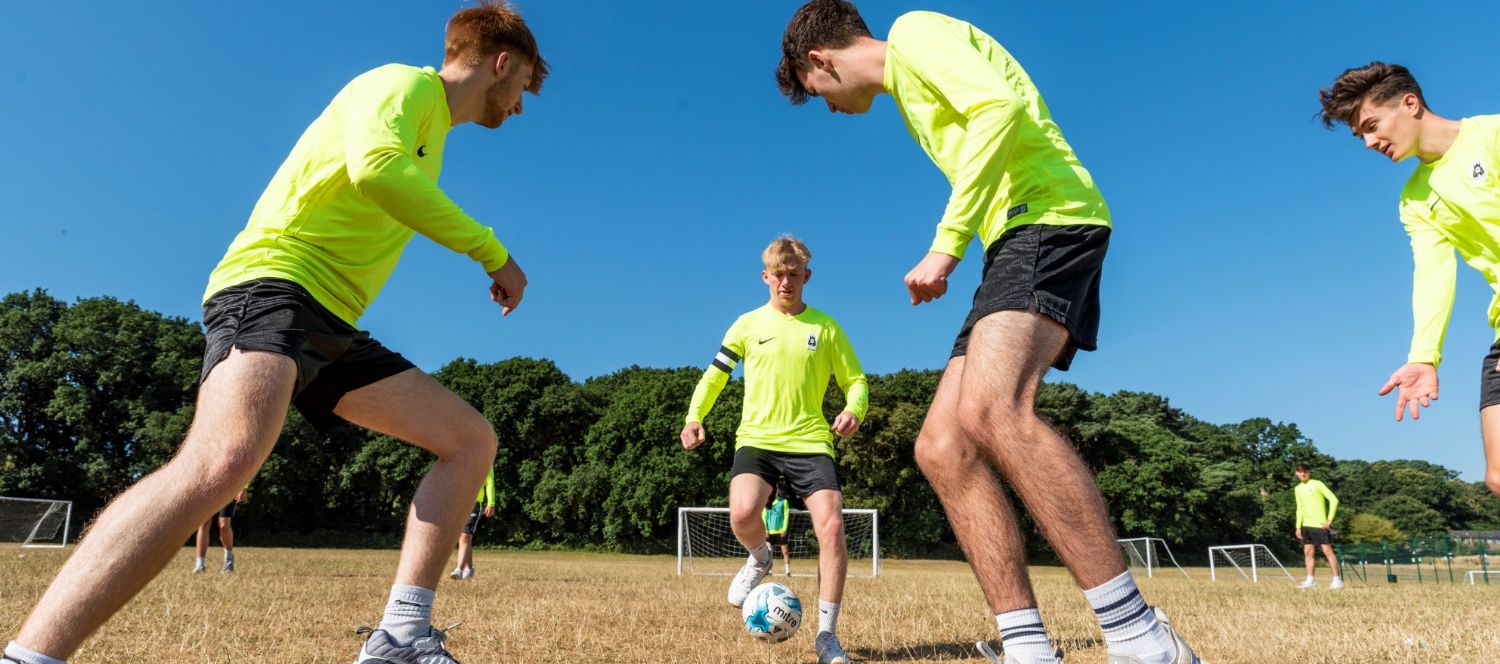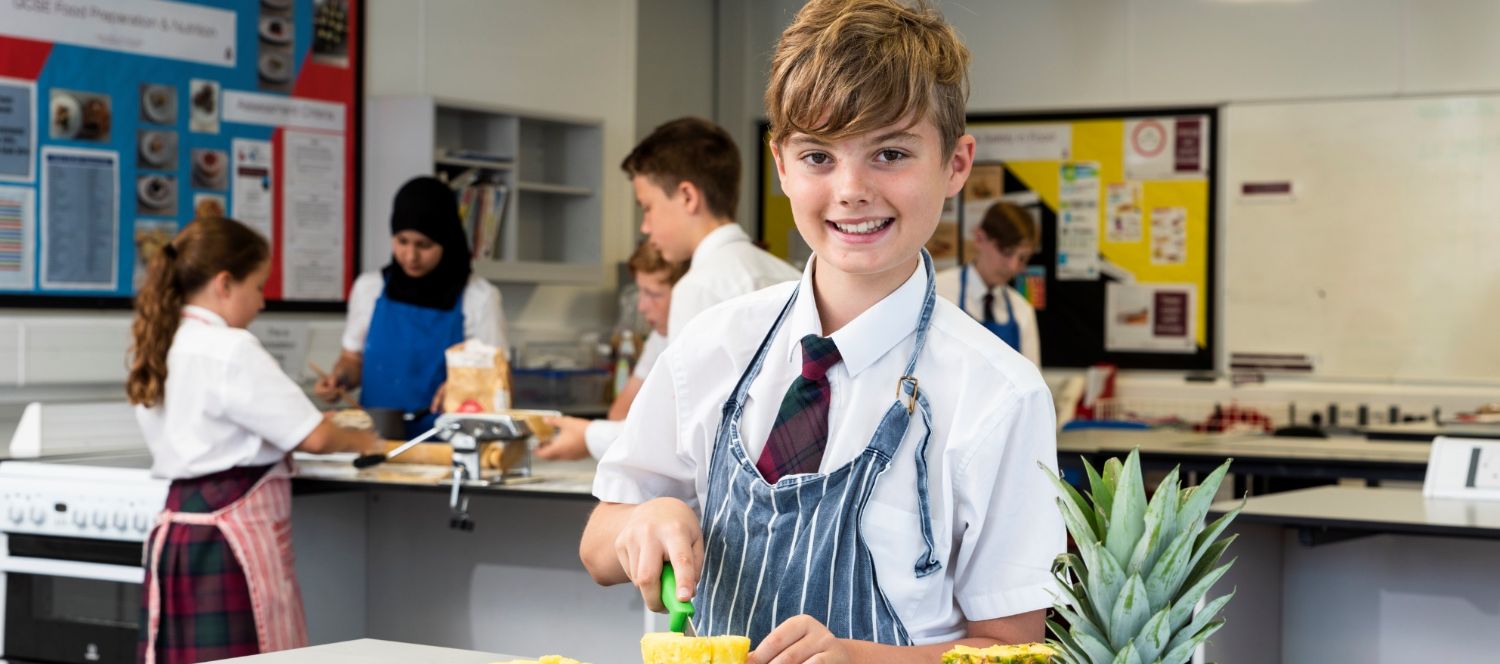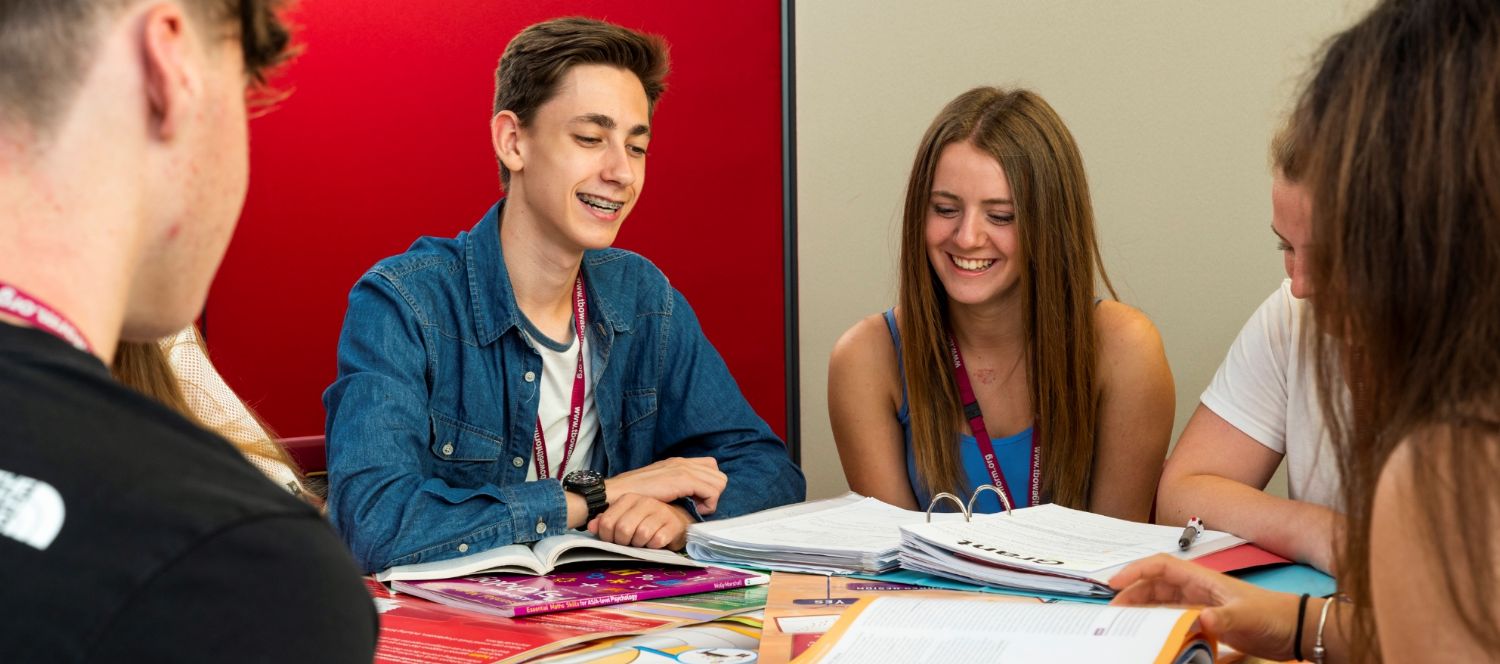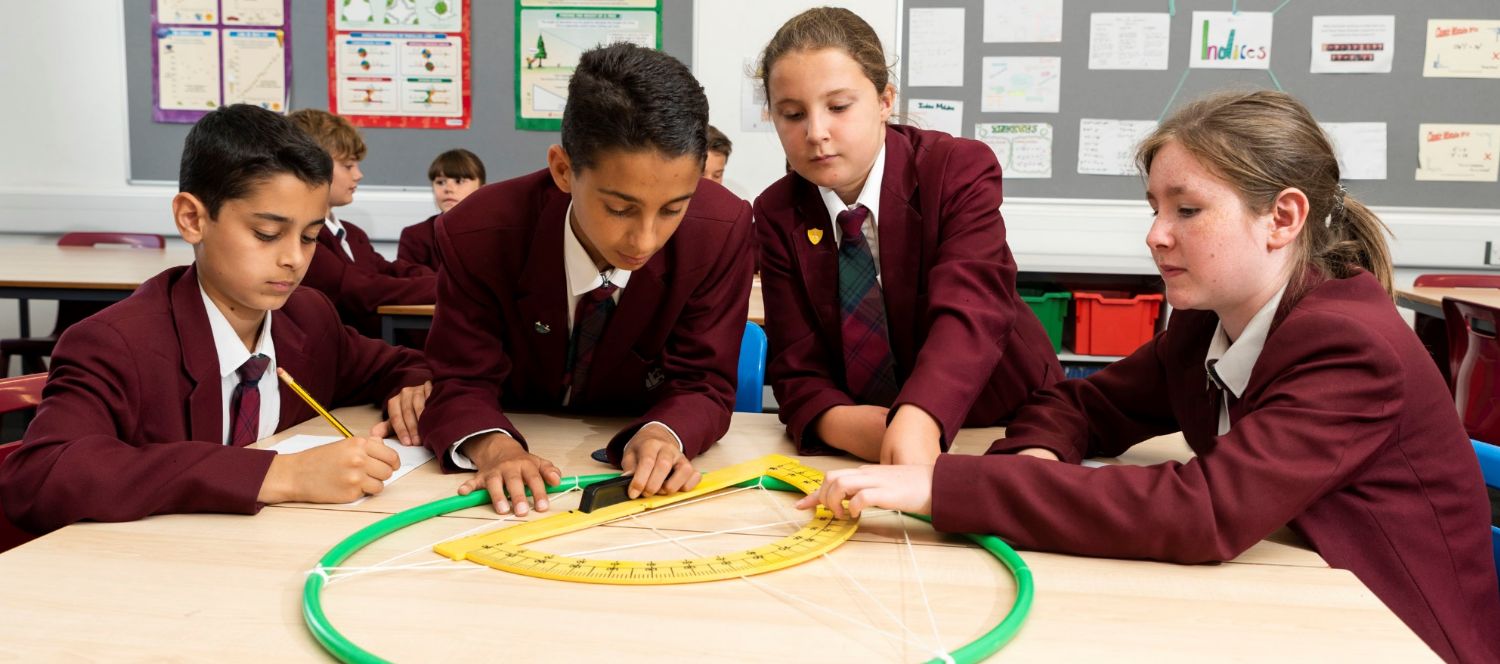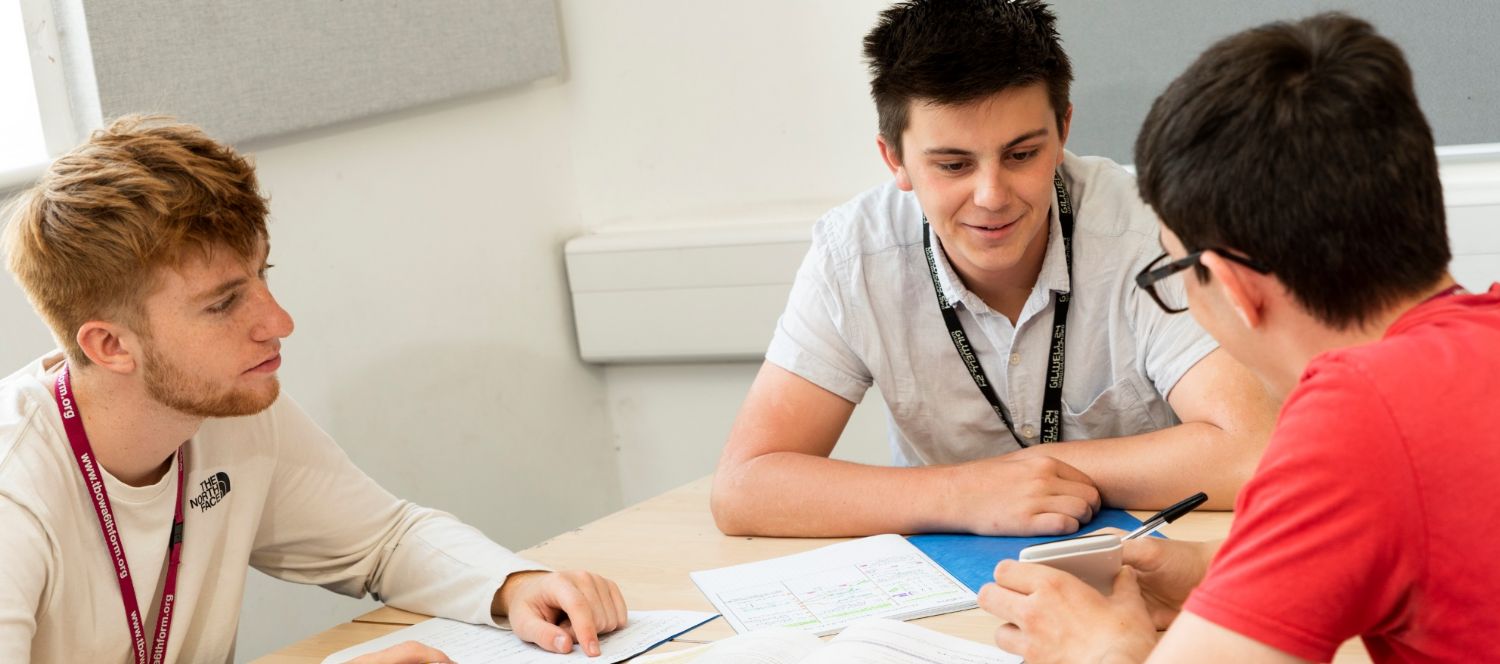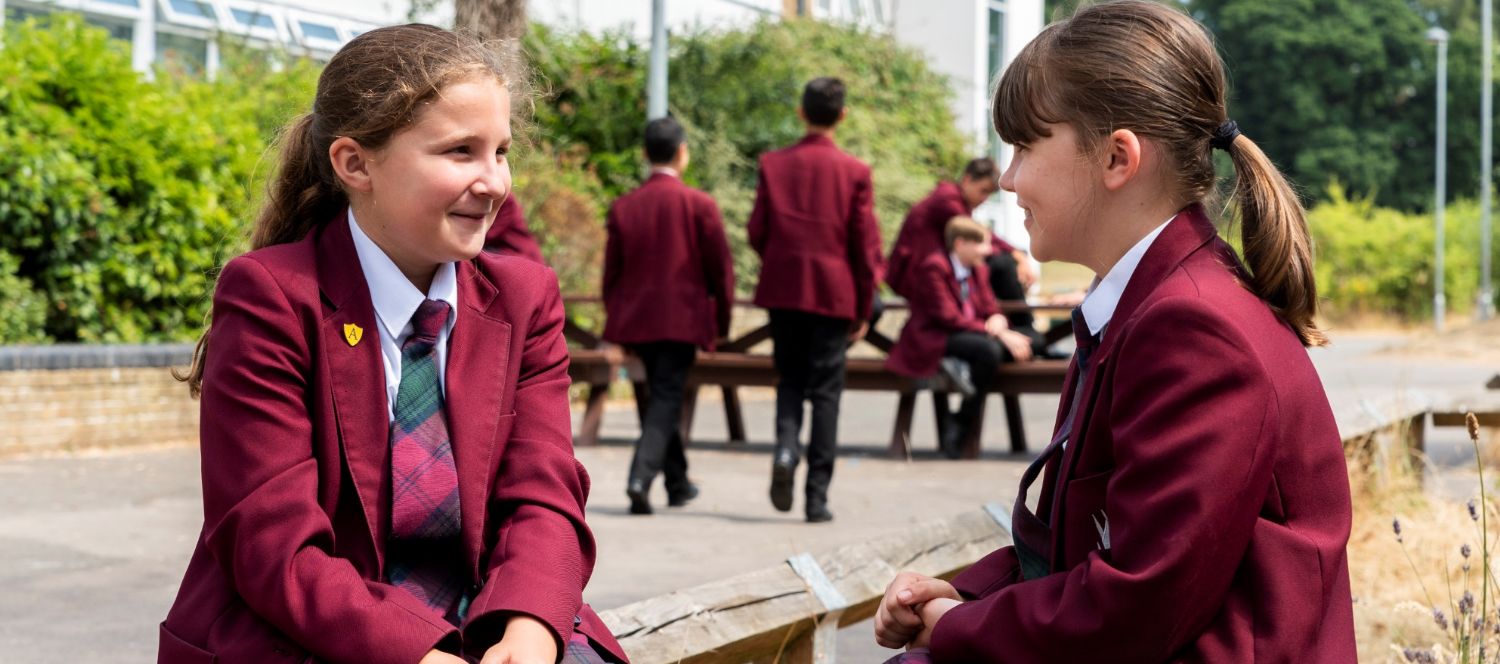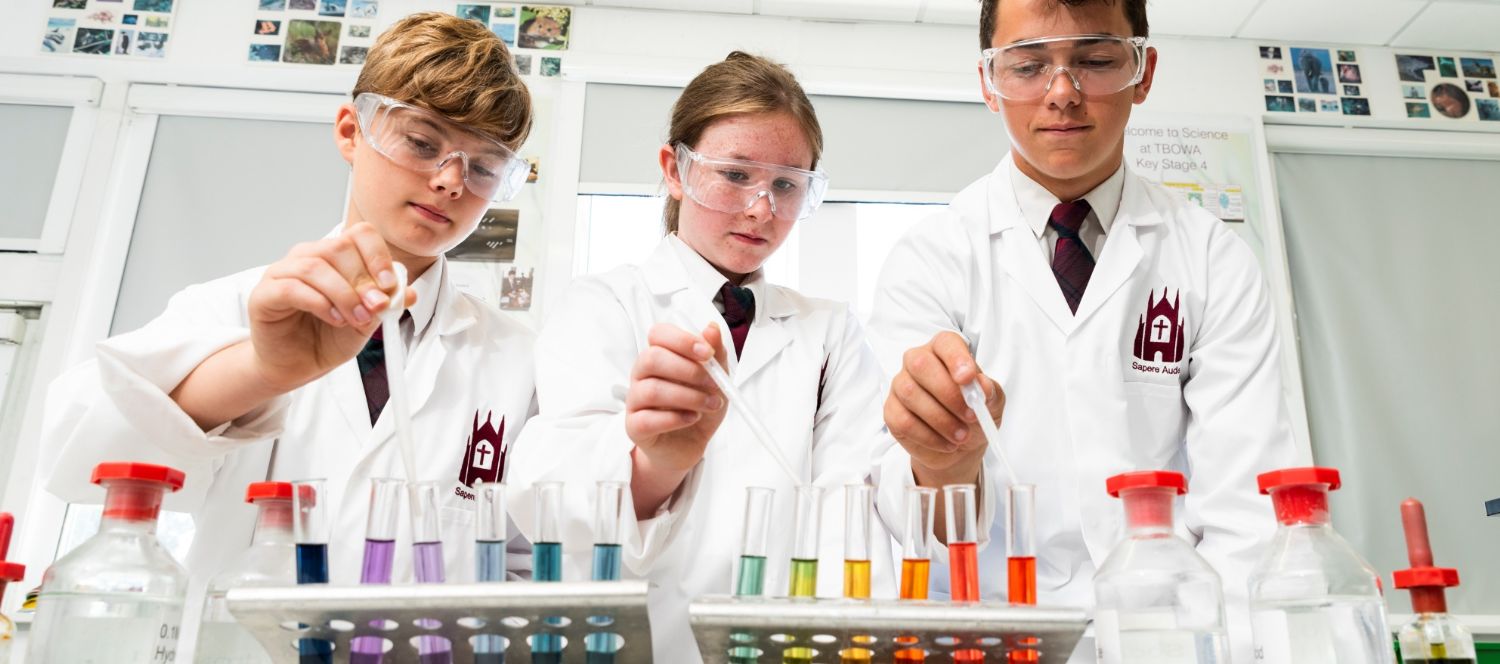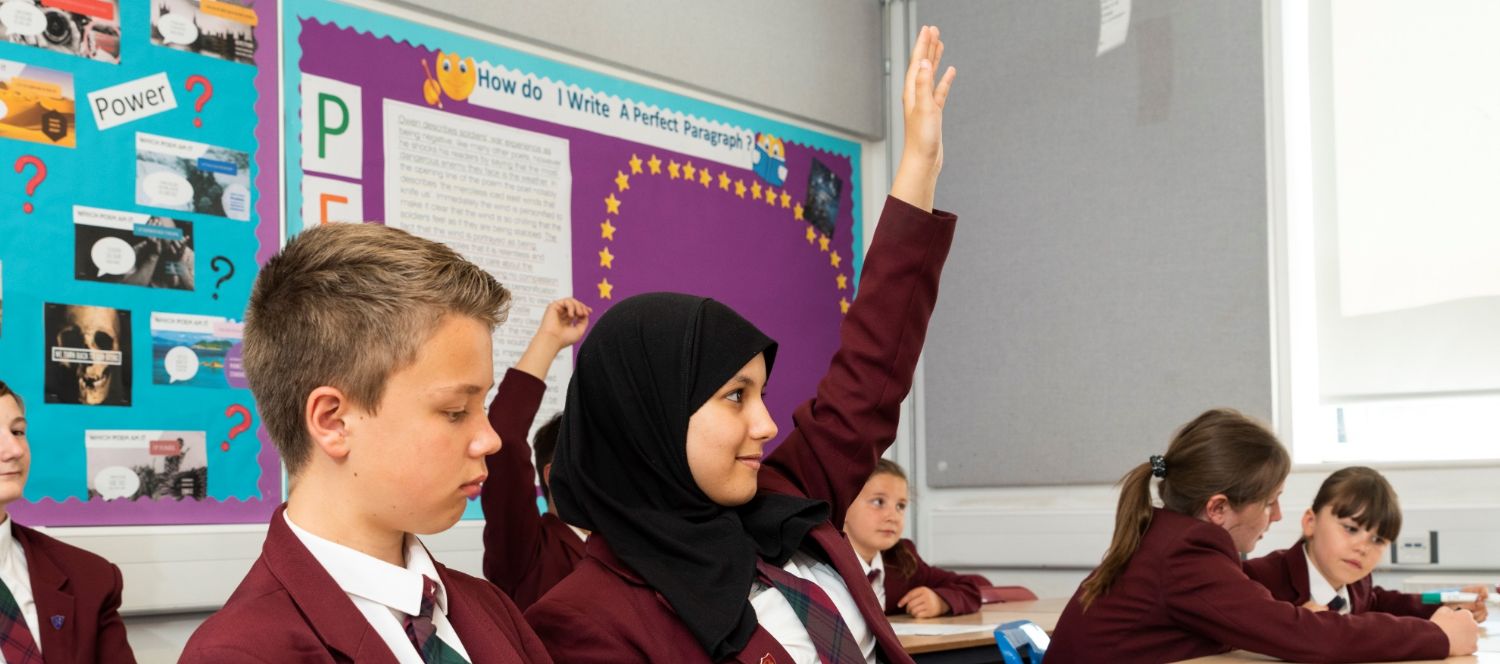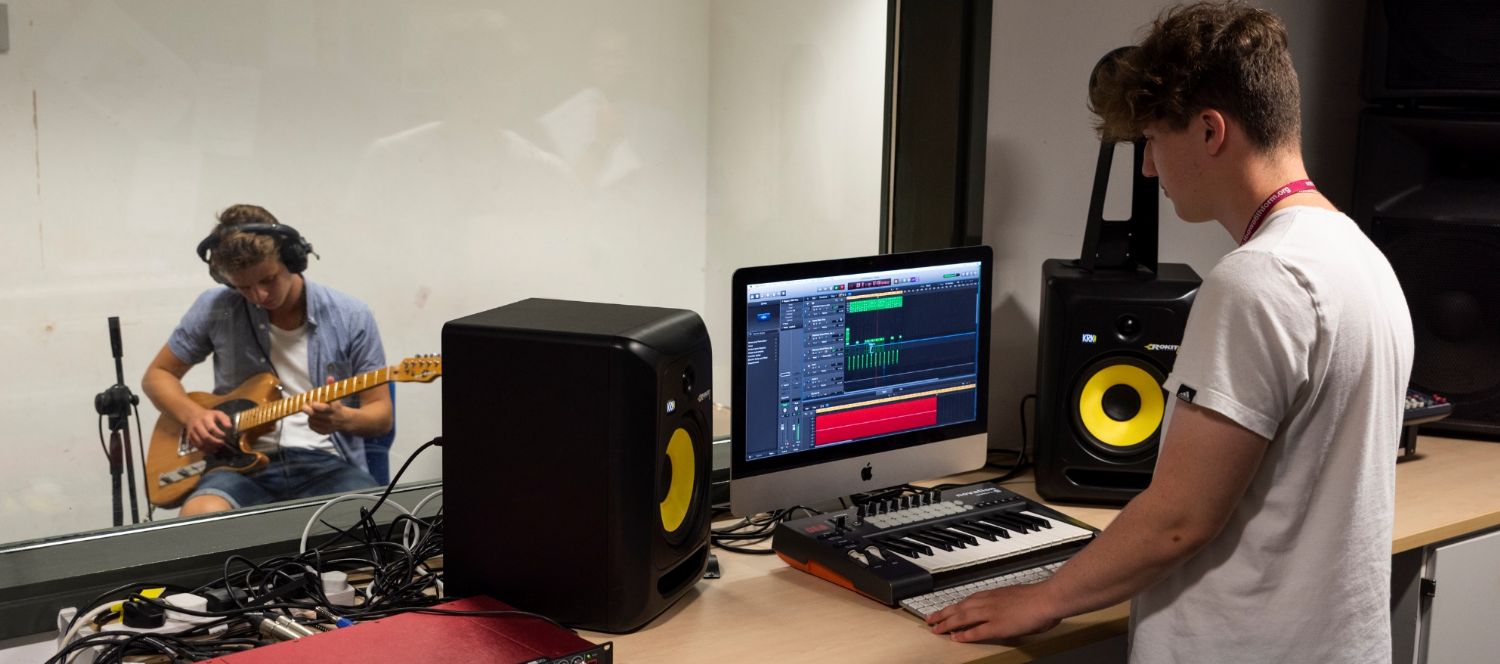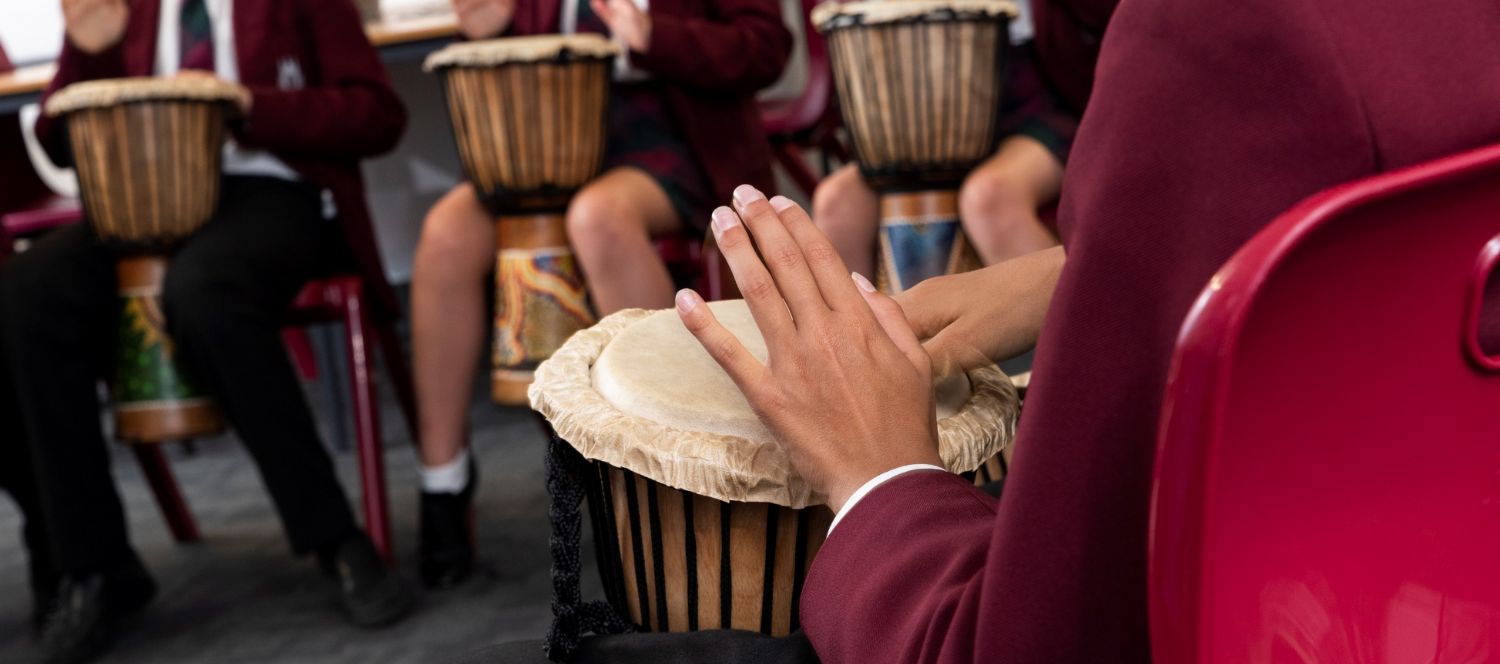Additional Resources
We are aware that some families may not have access to the Internet (other than via a mobile phone). Therefore we have put together the list below of possible offline activities, and online activities that are suitable to view by phone.
Show My Homework
If you go onto show my homework, click login and then press the orange button which has office 365 on, this will take you to a login page. STUDENTNAME needs to use school email: STUDENTID@tbowa.org and then school password. This will be the same password that is used to login to the school computer.
If this does not work, the link below will take you to the show my homework page for TBOWA, where you can use the drop down menu's to search for a particular homework, year group, class and subject. https://thebishopofwinchester.showmyhomework.co.uk/school/homeworks/calendar
Knowledge Organisers
You have copies of this at home, there are also resources on the school website. You could use this time to try to learn some new skills or facts, make some flash cards for revision or maybe even a board game – be creative!
English
- David Walliams daily audio book: David Walliams will be releasing an audio book for free for 30 days, starting from 24th March. Students are encourages to write a summary of the book. It should be no longer than 100 words, but still include key areas of the plot, detail on characters, vocabulary choices made by the author. They should also include their opinion, considering careful the vocabulary they use. These can be written in their English book.
- Broaden Reading Challenge: students should read books from a variety of genres and time periods. Books can be ordered online, and many classics can be accessed for free online. Students should choose any page, and write a paragraph analysing any language features/devices used by the author to engage the reader. - http://www.gutenberg.org/
- Daily Spelling Tests: parents can support their child’s learning by helping them with testing spelling. Subject vocabulary can be found in the Knowledge Organisers, or there are many websites that have lists of common words that we should all be able to spell.
- Lexia and Read&Write: the Englsih department have created a guide for how students can use these two services to assist with home learning. You can find the guide here.
Mathematics
Revision guide/Workbook
Some of your already bought these resources from school and could be using them now to revise topics you are not confident with.
Useful Maths websites
Seneca https://www.senecalearning.com
Khan Academy https://www.khanacademy.org
Dr Frost Maths https://www.drfrostmaths.com/
BBC Bitesize https://www.bbc.co.uk/bitesize
Corbett Maths https://corbettmaths.com/
OnMaths (GCSE only) https://www.onmaths.com/
Y7 and Y8 Maths competition
This has been set on SMHW and all students and parents should have received an email about it. This allows for some creative Maths homework and there will be prizes for the best when we return to school.
A Maths project
You could use this time to create a project about an aspect of Maths that interests you, here are some examples:
- Counting in different number systems
- Tessellations
- Why are prime numbers important?
- Who is Fibonacci?
- Can you make a Makedo Windball?
- What is Sierpinski’s triangle?
- Snowflake design (especially if you have younger siblings with Hama beads!)
Independent research
You could use this time to research a mathematician that interests you, why are the following people famous?
- Ada Lovelace
- Katherine Johnson
- Alan Turing
- Pythagoras
- Leonhard Euler
- Grigory Perelman
- Isaac Newton
- Andrew Wiles
Many mathematicians met with a gruesome death – you could research this if you like!
Science
Seneca
Your Science teacher has set you plenty of work and if you’ve completed this, you can access any of the science sessions at any time. Seneca can be accessed from a phone so don’t worry if you don’t have a computer. If the Seneca website is struggling (busy!) then access some of the videos on YouTube and make some notes in your Science book instead.
Revision guide/Workbook
Some of you already bought these resources from school and could be using them now to revise topics you are not confident with.
Useful Science websites
Seneca https://www.senecalearning.com
BBC Bitesize https://www.bbc.co.uk/bitesize
Physics and Maths Tutor https://www.physicsandmathstutor.com/
A Science project
You could use this time to create a project about an aspect of Science that interests you, here are some examples:
- Stem cells and their applications
- Solving the climate change problem
- Plastic in the oceans
- Medicine and disease
- Virology (very topical at this time!)
- Forensics
- Astronomy
- Oceanography
Independent research
You could use this time to research a scientist that interests you: why are the following people famous?
- Isaac Newton (who was also a mathematician)
- Leonardo Da Vinci (who was also an inventor, mathematician and artist)
- Rosalind Franklin
- Mary Anning
- Charles Darwin
- Jane Goodall
- William Herschel
- Stephen Hawking
- Brian Cox
- David Attenborough
- Any other scientist of your choosing
Many scientists met with a gruesome death – you could research this if you like!
History
Useful History websites
The Historical association https://www.history.org.uk/
Username: TBOWASTUDENT
Password: d8T2cWau
Seneca https://www.senecalearning.com
Spartacus educational https://spartacus-educational.com/
The History learning site https://www.historylearningsite.co.uk/
BBC Bitesize https://www.bbc.co.uk/bitesize
A History project
You could use this time to create a project about an aspect of History that interests you, here are some examples:
- Witch trial in the 1600s
- The History of Corfe Castle
- Henry VIII
- Was the Spanish Armada doomed to fail from the start?
- How did William I keep control of England after 1066?
- The Black Death or the Great Plague. Which was worse?
- Was the Battle of the Somme a Success or Failure for the Allies
- What happened on the Home Front during World War I?
- Were African Americans truly equal once slavery had ended?
- How did Hitler Rise to power?
Independent research
You could use this time to research a historical figure that interests you, why are the following people famous and what did they do?
- William I
- Henry VII
- Henry VIII
- Mary I
- Elizabeth I
- Matthew Hopkins
- General Haig
- Adolf Hitler
- Winston Churchill
- Alan Turing
- Oliver Cromwell
- Anne Frank
Geography
Seneca learning
Check your email and SMHW for your class codes.
Revision guide/Workbook
Some of your already bought these resources from school and could be using them now to revise topics you are not confident with.
Useful Geography websites
https://www.rgs.org/ (Royal geographic society)
https://www.natgeokids.com/uk/ (KS3 and GCSE)
https://www.geographyinthenews.org.uk/ (KS3 and GCSE)
https://www.fairtrade.org.uk/ (KS3 and GCSE)
https://www.bbc.co.uk/bitesize/examspecs/zy3ptyc (GCSE and KS3)
www.internetgeography.net (GCSE)
A Geography project
You could use this time to create a project about an aspect of Geography that interests you, here are some examples:
- Plastic in the oceans
- Climate change – is it real?
- Flooding – what can be done to stop it?
- What causes wildfires?
- What is the impact of deforestation?
- Can we prevent coastal erosion in the U.K?
Religious Studies
School Website
All lesson are in the process of being uploaded onto the school website. These are following the curriculum maps. Use these resources as well as some of the websites listed below to support your learning.
|
Yr. group |
Topic |
|
7 |
Judaism |
|
8 |
Sikhism |
|
9 |
Relationships and families : AQA Theme A |
|
10 |
Christian Practices : AQA |
Revision guide/workbook
Yr. 9 and 10 have been provided with three PDF revision guides titles Themes, Christianity and Islam. These have been designed to cover the AQA GCSE Syllabus and cover both Beliefs and Practices for Islam and Christianity and four of the themes. They also include the key quotes that students will need to memorise for their exam. Any work with these will help.
The AQA GCSE Religious Studies A: Christianity and Islam Revision Guide ISBN:978-0198422839 is also available to purchase to support students with their GCSE. We strongly encourage Yr. 10 to acquire these.
Useful RS websites for all year groups
Seneca https://www.senecalearning.com All Year 10 should be following the Seneca homework that is set weekly. Yr. 9 class codes have been sent on show my homework.
BBC Bitesize https://www.bbc.co.uk/bitesize
Truetube - https://www.truetube.co.uk/
RE:Online - https://www.reonline.org.uk/supporting-re/secondary/
NATRE - https://www.natre.org.uk/about-natre/free-resources-for-you-and-your-pupils/
Jewish History Museum - https://jewishmuseum.org.uk/schools/curriculum/judaism/?_sft_jm_asset_keystage=key-stage-3
Competition
In between your set school work you may wish to enter this competition. Please find the instructions attached title “Bible Project Competition’ and send your entry to RDN@tbowa.org. The entries will be entered as part of a school and national competition so aim to make your piece of work outstanding. If you have any questions about the extract you choose to write about or would like any advice or support then please email your RS teacher. The entries will be submitted for the national competitions at the end of April.
https://www.christianprojectsocu.org.uk/our-projects/the-schools-bible-project/
This year during L1 we ran a spirited arts competition which is part of a national competition. The entries for this will be submitted in June.
http://www.natre.org.uk/about-natre/projects/spirited-arts/spirited-arts-2020/
Independent research
You could use this time to research various topics below. These topics have been chosen because they will help develop your holistic understanding of religious and non-religious world views. There is also scope for these ideas to be used on the AQA exam paper.
- How does Humanism compare to Atheism?
- What are the Abrahamic religions?
- How did early Christianity start?
- What are the origins of Islam and how did it become the second largest religion?
- How did Hinduism start?
- Is Hinduism monotheistic?
- Is Buddhism a religion?
- How did ‘Situation Ethics’ originate?
- Is the UK a Utilitarian society?
- Can you be religious and believe in science?
Physical Education
Weekly PE Challenge
You can use the weekly PE challenge to stay active throughout this time. You can complete the challenge each week and record your results – bring these to school with you to show your PE teacher when we are back.
Revision guide/Workbook
You are able to purchase the following textbook/revision guide to support your learning from home. Please only purchase the course that relates to you. If you are unsure which course you are on please email your PE teacher.
GCSE PE – OCR GCSE (9-1) PE Second Edition. ISBN: 1471851729
BTEC Sport – BTEC First in Sport Revision Guide. ISBN: 1446906701
Cambridge National Sports Science (Option PE students only) – My Revision Notes: Cambridge National Level 1/2 Sport Science. ISBN: 1510478574
NCFE Health and Fitness (all non-option PE students in healthy living) – NCFE Level 1/2 Technical Award in Health and Fitness. ISBN: 1510446400
Useful Maths websites
Seneca https://www.senecalearning.com
BBC Bitesize > KS4 > PE > OCR https://www.bbc.co.uk/bitesize
Kahoot https://kahoot.com/
Quizizz https://quizizz.com/
Additional research
Here are some additional research tasks you can complete –
- Create a 6 weeks training programme
- Make your own circuit training session
- Research a career in sport you might be interested in
- Learn the bones and muscles in the body
Psychology
Sociology
Revision guide/Workbook
You have the research methods workbook to work through and this is in your exercise books.
Sociology research project
Currently, our world is in crisis due to the coronavirus. This is actually a massive sociological phenomenon and you could use your notes from year 9, your booklet and notes on research from year 10 to find the resources you need to write about it. Use the internet / phones etc to find some statistics as well (Guardian, BBC, Public Health England and ONS are good sources).
Some research ideas for questions are:
- What affect will lockdown have on society?
- How will society function after the coronavirus is over?
- How does the government allocation of money benefit the ruling class?
Some themes you can look at arising from the pandemic are:
- Anomie
- Capitalism
- Moral panic (including how other people in society are putting others’ at risk because they won’t keep the 2 meter distance)
- Formal social control (including police powers – are they abusing them?)
- Informal social control
- Strain theory
- Feminist approaches to warm bath theory
- Zaretsky response to Marxism – man is king of his castle at home – he has to stay at home all the time
There are lots things you could look at and you don’t have to limit it to the above but these are just some ideas.
Planning and formulating your research
Design this as a secondary resource project only. The only way you would be able to gain primary research would be if you asked members of your house who you are living with. Try to include:
ABSTRACT: this comes at the beginning of the research and is a summary so you’ll actually write it at the end. It will say what your conclusions are and what you wanted to investigate.
AIM: what you want to investigate and why
HYPOTHESIS: A statement (rather than question) that says what you’re finding out and what effect is being tested. (I.E. if you were looking at formal social control the hypothesis might be: “the use of government and police sanctions during the coronavirus is effective in reducing the number of new transmissions over the course of seven days”. (If you were doing this, you would use quite a lot of quantitative data and bell curves
SAMPLE: this is secondary research so you can say it’s the whole UK population
RESOURCES: primary? Secondary? ONS? etc
METHOD: Qualitative or quantitative? Or both? You won’t be doing a lab experiment so you’re effectively doing a literature review,
LITERATURE REVIEW: here you look at all your data that you are using to answer your research question. You cannot directly copy existing text from the internet but you can summarise it as long as you reference it.
CONCLUSION
Art Competition
Please find details of the art competition via the button below:
External Links to Resources
- Free courses from Eton: https://etonx.com/uk-schools/

